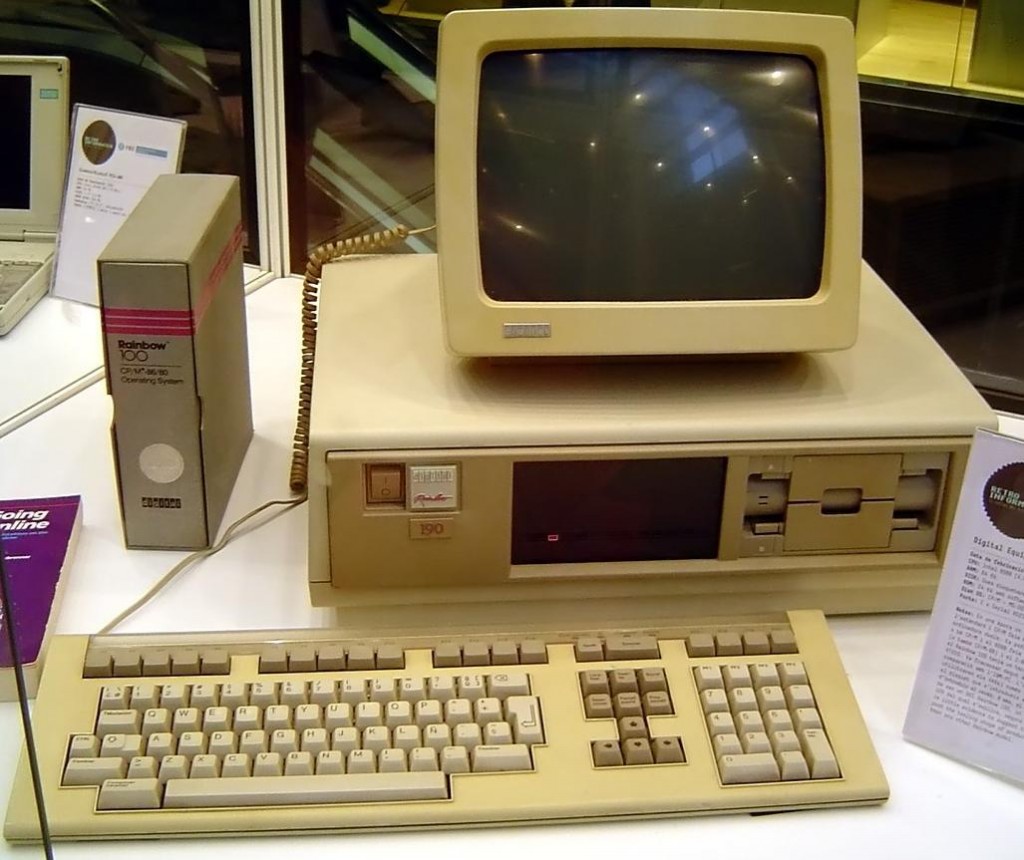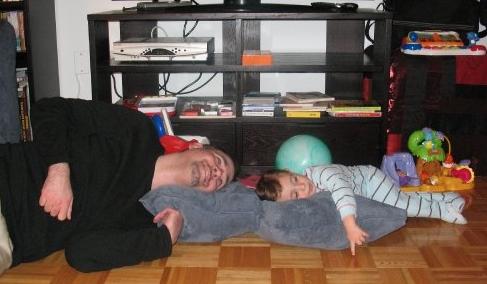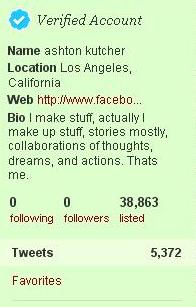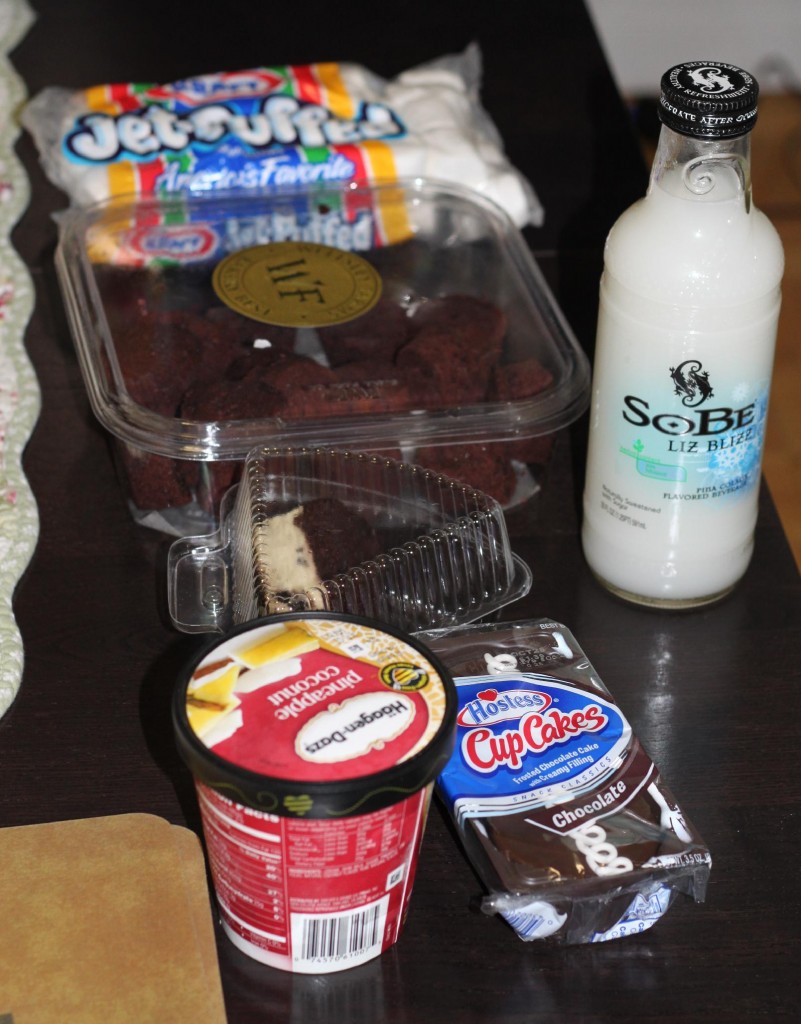This post was partially inspired by Darren Williger’s keynote speech at Social Media 201.
Despite the fact it’s a common perception that social media is a new phenomenon, it’s actually far from. Both Darren and myself have been using the Internet since the 80s. We ran a small competition: turns out that if you Google us, the earliest result is mine (from 1989!) though Darren was active online about 2-3 years before I was. So it’s a draw ;-).
Back then the online world was very different. In the mid 80s BBSs (Bulletin board systems) were what we all used. These were phone-based systems, usually run by individuals, though some companies had their own, that enabled people to connect using dial-up modems. They were infinitely slower than today’s internet, and all text based, but they were awesome!
BBSs included forums, multiplayer games (though not real time ones), downloadable computer games (yep, some two decades before Bittorrent) and a lot more. In other words, we all interacted, and much of the content was user generated. Sounds to me a lot like…social Media and Web 2.0. Of course, this wasn’t Web 2.0 because this was almost a decade before the World Wide Web (Web 1.0?) was created! Though BBSs weren’t a part of the internet, they offered much of what the internet could offer at the time.
When I first starting using the internet, in 1987 or 1988 (I need to figure this out one day…), I stopped using BBSs. The internet had so much potential! My friends and I actually didn’t refer to it as the internet back then but rather as the Bitnet (which was always a subset of the internet but was separately accessible at the time). When I look at old emails that are archived online, we actually referred to the internet as the InterNet. How quaint! Amusingly, there was a local news story about us at the time: “Local teenagers chat with people all over the world using computers”. It sounds ridiculous now, but it was very “exotic” back then.
Bitnet email accounts were very simple: mine was nyschles@weizmann (yeah, no .com, .net or whatever). The internet equivalent was nyschles@weizmann.weizmann.ac.il though I rarely used it at the time.
Not long after I had my first chat (using Relay – the ancestor of IRC which itself had a multiple offspring from multiple “wives”: chat rooms, various messengers – even chat roulette). I was introduced to a radical concept called MUDs (Multi User Domains). MUDs are the prehistoric ancestors of massively multiplayer online role-playing game (MMORPG) such as World of Warcraft, EverQuest and Ultima Online. There were several variations of the concept: some were created for social interaction (the modern equivalent is Second Life), other for gaming, etc.
MUDs were just as fun as modern games, despite the fact that the vast majority were text based. However, in a way they were far superior to even the most modern of these games. How so?
The type of MUD I used was called an LPMud. This was a classic multiplayer online game: once you registered, you were given a character that would have to fight monsters and get experience points to advance in levels. Depending on the MUD itself (there were hundreds, all run by individuals and as far as I know, hosted at universities), you could choose a class (i.e. a wizard, a druid, a fighter), have spells, and a do whole lot of different things. I’m sure this sounds very similar to anyone who has played World of Warcraft or similar games.
The difference is – and that is a huge, enormous difference – is that all MUDs were based on user generated content.
Once a character reached his 20th level and has done his share of quests, he became a “Wizard”. Wizards weren’t players anymore.. but were more like MUD administrators. Each was given permission to program a part of the MUD – his domain. Most Wizards created an area with a theme: I remember Castle Dracula, Sesame Street, Star wars, and basically everything you can imagine.
User generated content? Web 2.0? in the late 80s?! These terms were used long after these events despite the fact this was decades before they became mainstream.
Even today, you still can’t do the equivalent with games such as World of Warcraft (though I do remember that a few years ago, a group of people was able to successfully replicate EverQuest’s framework and protocols and effectively recreated a home-brew version without Sony’s permission).
It may really surprise people who started using computers when the internet was already ubiquitous, but back then, things were just as fun despite the technological limitations. There was no spam either!
I hope you found this history lesson interesting ;). Although this post can be read on its own, I gave it for a reason – in order to be able to share an event that took place at the time. Read my next posts for more details.
Here are links to the other parts.
The Prehistoric Times of Social Media: The Sting (Part 2 of 4)
The Prehistoric Times of Social Media: Cybercrime (Part 3 of 4)
The Prehistoric Times of Social Media: Crime and Punishment (Part 4 of 4)







